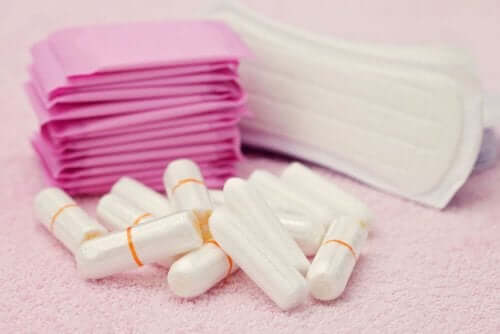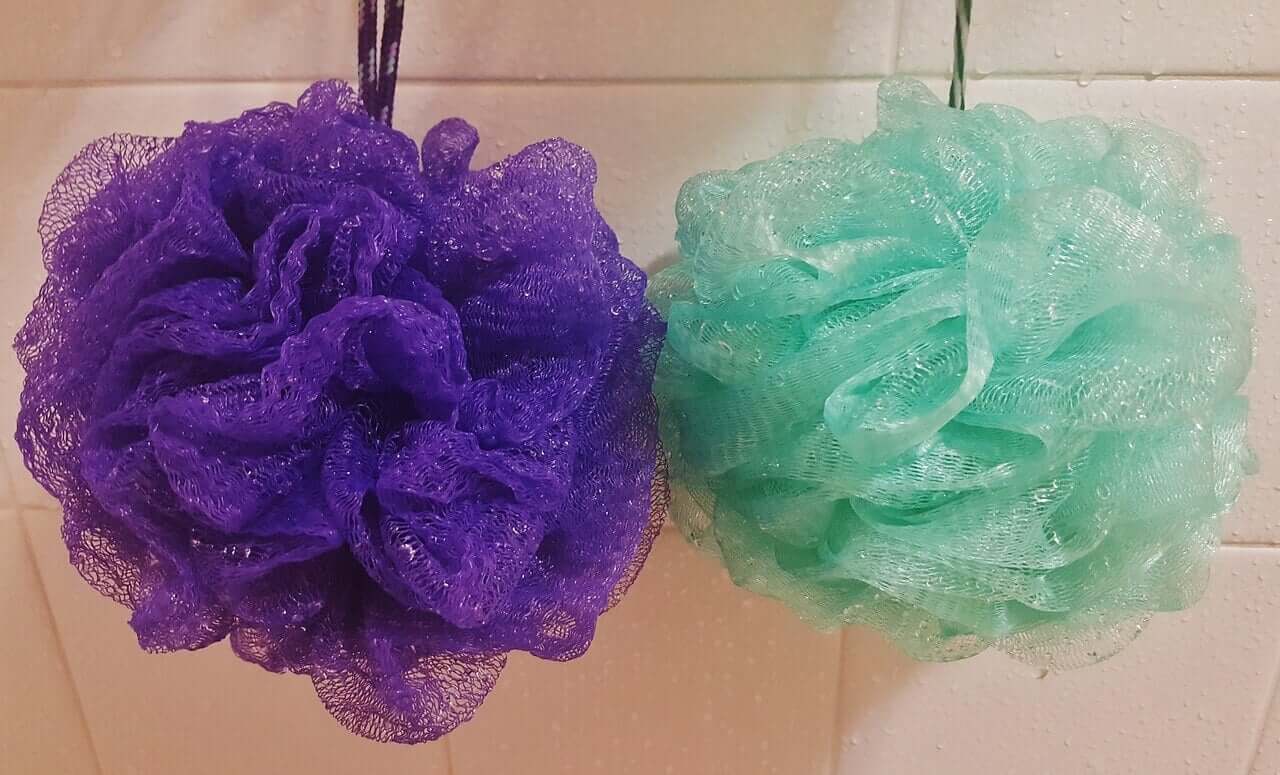7 Tips for Looking After Your Intimate Area

As a woman, it’s completely normal to worry about your intimate area. It’s such a delicate area that needs special attention, since its pH is different from other parts of the body and tends to be more easily altered.
In its natural state it has a flow rich in healthy bacteria that can help tackle pathogens. However, sometimes it becomes imbalanced and that “protective barrier” weakens, resulting in bad odors and infections.
Therefore, as well as using standard hygiene care (soap or shower gels), you need to implement the recommendations presented below that are crucial for its health. We want to share the 7 best tips for looking after your private area.
1. Looking after your intimate area: Wear appropriate underwear

You may not realize that the type of underwear you wear is key in preventing vaginal infections and strong odors. When underwear is made from synthetic materials, moisture is retained and bacteria growth increases.
In addition, since they aren’t “breathable” fabrics, they usually create a warm environment that can also facilitate the spread of microorganisms. So, it’s best to choose cotton or other natural materials to avoid this.
2. Practice good hygiene
Your hygiene habits are important in looking after your private area. While it’s obvious that everyone should practice good hygiene, it’s essential to clarify that it should be properly practiced, avoiding the use of certain products that can alter the vaginal flora.
A good way to do this is by using specially designed soaps that will neutralize the smell and fluids and maintain the correct pH balance while keeping the area clean.
So it’s not about “hiding” the smell. To prevent irritations and infections, wash the area with soap and water. Then, make sure to thoroughly dry it so that the moisture doesn’t create more microorganisms
3. Avoid excessive vaginal douching

Some women believe that the only way to get rid of bad smells is by vaginal douching.
However, this is far from beneficial as they cause pH imbalances that lead to more infections.
4. Maintain a healthy sex life
Maintaining a healthy sex life is just as important for looking after your intimate area. It’s up to you how you enjoy your sex life but it’s best to have a long term partner to avoid contracting any sexually transmitted infections (STIs)
However, if you use intimate lubricants or erogenous products you need to check they are hypo-allergenic, with components that don’t alter the vaginal environment. Applying irritating substances can trigger bad odors, itching and other discomforts.
You may find this interesting: 11 sexually transmitted diseases you need to know about
5. Change sanitary products on a regular basis

Tampons and towels used during your period need to be changed at least every 4 hours. You may not always notice that menstrual bleeding increases pH levels and can cause bad odors.
The private area changes during your period. The blood has a pH level of 7.4 which is much higher than the normal vagina. Therefore proper use of sanitary products is necessary for avoiding bad odors, irritation and infections.
You may find this interesting: 6 menstrual irregularities you shouldn’t ignore
6. Control humidity
It’s crucial to understand that your vagina should never be dry. Since it needs fluids to stay lubricated, it’s normal for it to be wet. However, you must protect it against external humidity.
Avoid wearing wet clothing such as swimsuits and tight trousers. Not monitoring the humidity encourages the growth and appearance of fungi, bacteria and skin problems such as dermatitis.
7. Avoid using sponges and bath lilies

Sponges shouldn’t be used when looking after your intimate area. They may appear to clean it better, but they can cause unwanted side effects. Sponges are rough on the skin, cause irritation and can even damage it.
In addition, because they absorb moisture, they usually accumulate bacteria and fungi that cannot be seen with the naked eye. The correct way to clean it is by gently using your fingers and hands.
To sum up, good intimate hygiene is being able to protect vaginal flora. Habits that cause alterations can be trigger infections or skin discomfort. Therefore, try to incorporate the above recommendations into your routine.
All cited sources were thoroughly reviewed by our team to ensure their quality, reliability, currency, and validity. The bibliography of this article was considered reliable and of academic or scientific accuracy.
- Alvisi S, Gava G, Orsili I, Giacomelli G, Baldassarre M, Seracchioli R, Meriggiola MC. Vaginal Health in Menopausal Women. Medicina (Kaunas). 2019 Sep 20;55(10):615.
- Cleveland Clinic. Vulvar care. Marzo 2018.
- Codina A. Cuidados de la zona íntima femenina. Offarm. Mayo 2004. 23 (5): 78-80.
- Janssen LE, Verduin RJT, de Groot CJM, Oudijk MA, de Boer MA. The association between vaginal hygiene practices and spontaneous preterm birth: A case-control study. PLoS One. 2022 Jun 30;17(6):e0268248.
- Kaur R, Kaur K, Kaur R. Menstrual Hygiene, Management, and Waste Disposal: Practices and Challenges Faced by Girls/Women of Developing Countries. J Environ Public Health. 2018 Feb 20;2018:1730964.
- Lang C, Fisher M, Neisa A, MacKinnon L, Kuchta S, MacPherson S, Probert A, Arbuckle TE. Personal Care Product Use in Pregnancy and the Postpartum Period: Implications for Exposure Assessment. Int J Environ Res Public Health. 2016 Jan 6;13(1):105.
- Martín R, Soberón N, et al. La microbiota vaginal: composición, papel protector, patología asociada y perspectivas terapéuticas. Enfermedades infecciosas y microbiología clínica. Marzo 2008. 26 (3): 160-167.
- Mayo Clinic Health System. You don’t need fancy products for good feminine hygiene. Noviembre 2016.
- Mayo Clinic. Dermatitis. Diciembre 2021.
This text is provided for informational purposes only and does not replace consultation with a professional. If in doubt, consult your specialist.








